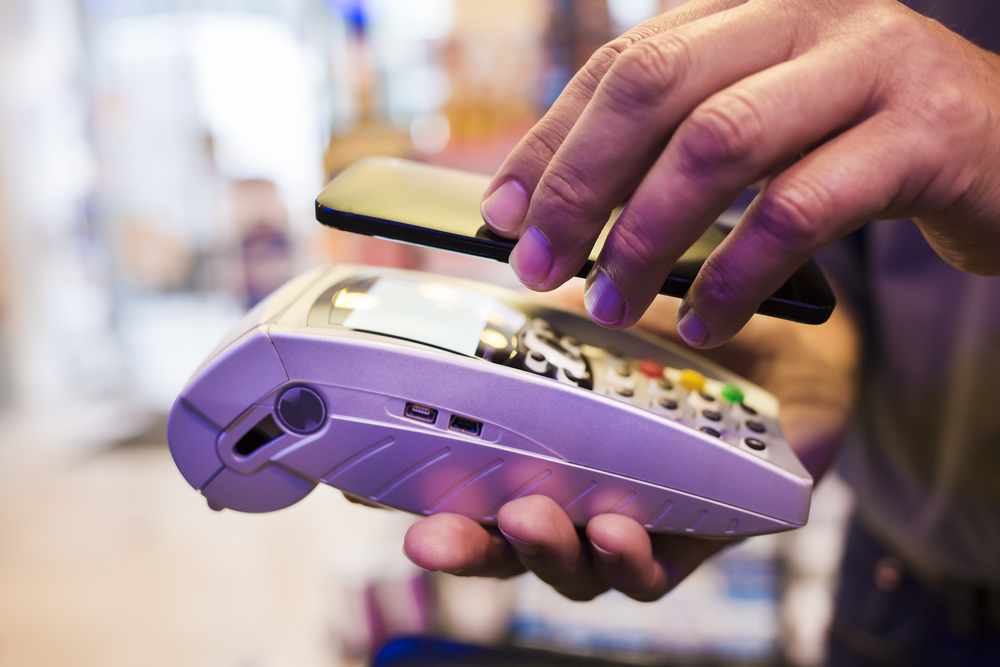The State Bank of Vietnam has issued new regulations tightening control over the usage of e-wallets, including capping monthly transaction limits for personal e-wallets at VND100 million (about USD4,300) and requiring that e-wallets must be linked to a domestic bank account.
With the new regulations, which are expected take effect beginning January 2020, SBV aims to ensure that e-wallets are only used for smaller transactions to facilitate cashless payments for daily activities and reduce the risk of money laundering or other illegal activities.
The bank also requires the providers of e-wallet services to have tools for regulators to monitor the total number of registered e-wallets and the balances of all customers at the time of access.
Speaking at the recent Vietnam Retail Banking Forum, Le Thanh Tam, CEO of IDG ASEAN, noted that about 79% of transactions in Vietnam are still cash-based, and that non-cash transactions are also primarily bank cards, while the usage of QR code and e-wallets remains low.
A total of 32 e-wallets has been licensed by SBV, meaning the market is extremely crowded and e-wallet providers are burning money to lure users with discounts and educate consumers on going cashless. Statistics from SBV for the second quarter of this year show that the top five e-wallets in terms of number of transactions in Vietnam are: Momo, Payoo, AirPay, Moca, and SenPay.
Tightened regulations for e-wallet usage also mean that the market is expected to see more consolidation among different providers in the near future in order to survive the competition.
